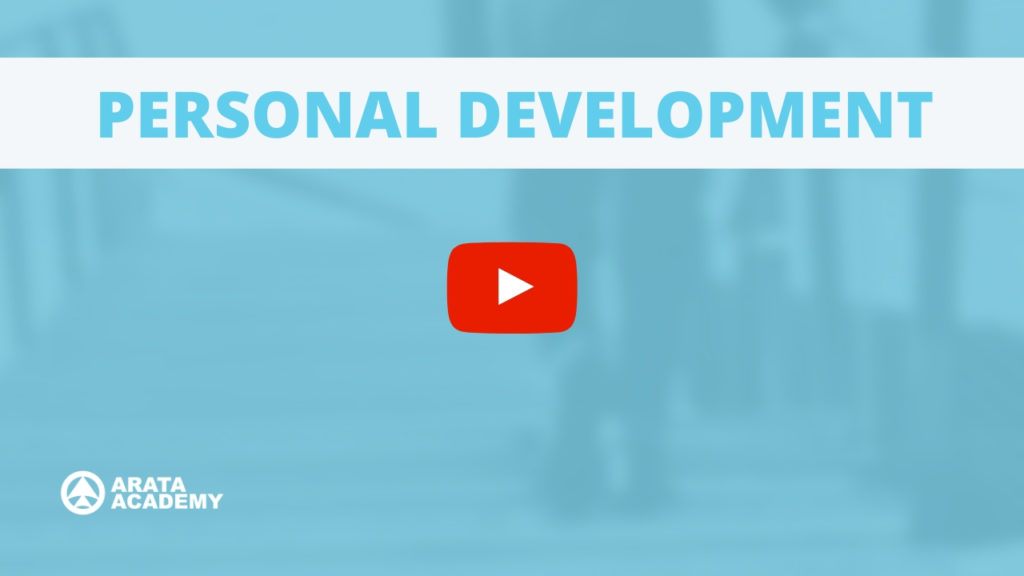Hello! Seiiti Arata. Have you ever thought how constant complaining can affect your life? How do you feel after spending the whole day complaining and ranting about everything and everyone?
When you complain about everything, your attention focus is actively looking for things that are wrong. So, you become a professional complainer after some time. You become a “whiny”.
We are going to talk about that today. I want to explain to you why this is not a smart strategy and how you can change it.
1. Where does the urge to complain come from?
Complaining is caused by discomfort and frustration. These feelings trigger the “complainer” attitude. When you are under stress, your brain automatically looks for a way to release that anxiety. And do you know what is the easiest way? Complaining or ranting at the first person you find.
On one hand, there is the ego. To complain a lot can be a sign of egocentrism, that is we think the world revolves around us. And everyone is there to meet our needs. If things don’t go our way, we complain.
But not all complainers are spoiled and self-centered. On the other hand, there are also people who complain because they are suffering. In some way, they are asking for help. That person doesn’t know how to deal with that situation.
When a mature, adult person complains, it is obviously not to annoy other people. He doesn’t want to spread negative energy to the environment. Just like any other person, the complainer only wants to be happy.
But that is not a smart strategy. And do you know why? Because, the more we complain, the unhappier we are.
Complaining is the result of a perspective of scarcity. You start to believe that you are being forced to do what you don’t want to do. You really believe you have no alternatives, you have no choice. Your only resource is complaining.
However, you do have other possibilities when you see life from a perspective of abundance. No one makes you to stay in that kind of uncomfortable situations. No one can force you to do anything in this life. Everything is up to you, is your decision. And it’s you who decides whether to tolerate the situation you are complaining about.
You don’t want to be that person who sees life from a perspective of scarcity. Complaining about the past is not going to change anything. Complaining about the present will not change anything. Complaining about the future will also not change anything, or bring a different outcome.
You need to act at that moment. Smart decisions. Well-thought-out actions. I want to help you to complain less and adopt a more abundant life perspective.
2. What you can do
Make up your mind to never complain anymore from now on. Stop complaining right now. From now, use your focus in a different perspective. Be grateful for the good things in life. Watch our previous video about gratitude [link http://arata.se/hello89].
Use your efforts to improve, learn, evolve, grow. Life is short. Your days in this world are counted. Why waste your time complaining? Why not to use that time improving?
In the same way, don’t waste your energy complaining about things you don’t like. Instead, use that energy and that motivation to do something constructive, something useful. Bring people together and start something together; a social project, a club, etc. But if you don’t feel enough motivation to do something about your problem, keep your mouth shut. That is your conscious decision to do nothing about it.
3. Be careful! Complaining is a contagious attitude.
Sometimes, complaining is a way to release our stress. By complaining, we try to get comprehension and compassion from the person we are talking to. We want them to understand and share our point of view; and we want them to understand and share our frustration.
But you have to be careful with that. Some people end up creating a different identity around criticism. They feel superior to others when they complain. That’s the well-known critic sitting on the couch. He knows everything. For any situation, he can spot any problem, find all the mistakes, but he does nothing about it. He just complains.
Pay attention to the type of conversation you are having with the people around you. Is it a normal conversation, or are you just complaining about something? When you complain about something to your friends, do you do anything about it? Do you like to read those articles and blogs in which some pundit complains about a problem but proposes no solutions?
Words are very powerful. When you say something, or think about something, you are telling your brain how to behave, how to act. When you complain about something, you are directing your focus towards that problem.
But when you stop complaining, and start making better decisions, you start to see things form a perspective of abundance. And you will be able to assume the control of your future.
Something important to point out: when you are filling out a survey to give your opinion on a product or a company, you are not just complaining. You are acting. You go to the street to a protest; you are not just complaining. You are acting.
You want to do some kind of action what brings you peace. To know that you did something within your reach to solve the problem or improve your circumstances. You don’t want to feel remorse for choosing not to do anything and then just keep complaining.
The question is: What happens when you complain about everything? And the answer is: You start to believe you have no other choice. It is disempowering. Instead of complaining, do something to improve things.
Disappointments and errors are common. If you are going through different things; if you have different projects, commitments, responsibilities, it is normal you will have difficulties and failures from time to time. The problem is to stop learning, to stop improving. And complaining is the way to remain stagnated. You want to use the opportunities that failure brings as possibilities for personal development.
But, if you feel you are still not ready to quit complaining, take shorts steps. Go little by little. Try thinking about the situations in which you complained last week. The idea is to be aware of how frequently you complained.
After that, and after reflecting about it, you will be able to make the first step towards a more abundant life.
When you are talking to someone and that person then starts complaining, tell him you are trying to go a week without complaining. Change the topic of the conversation, or try to turn the complaints into proposals that can bring improvements and help solve the problem.
You must change your mentality to stop complaining. We have a course to help you do that, Personal Development. I’d like to invite you to check out the details of the course: https://arata.se/personaldevelopment

